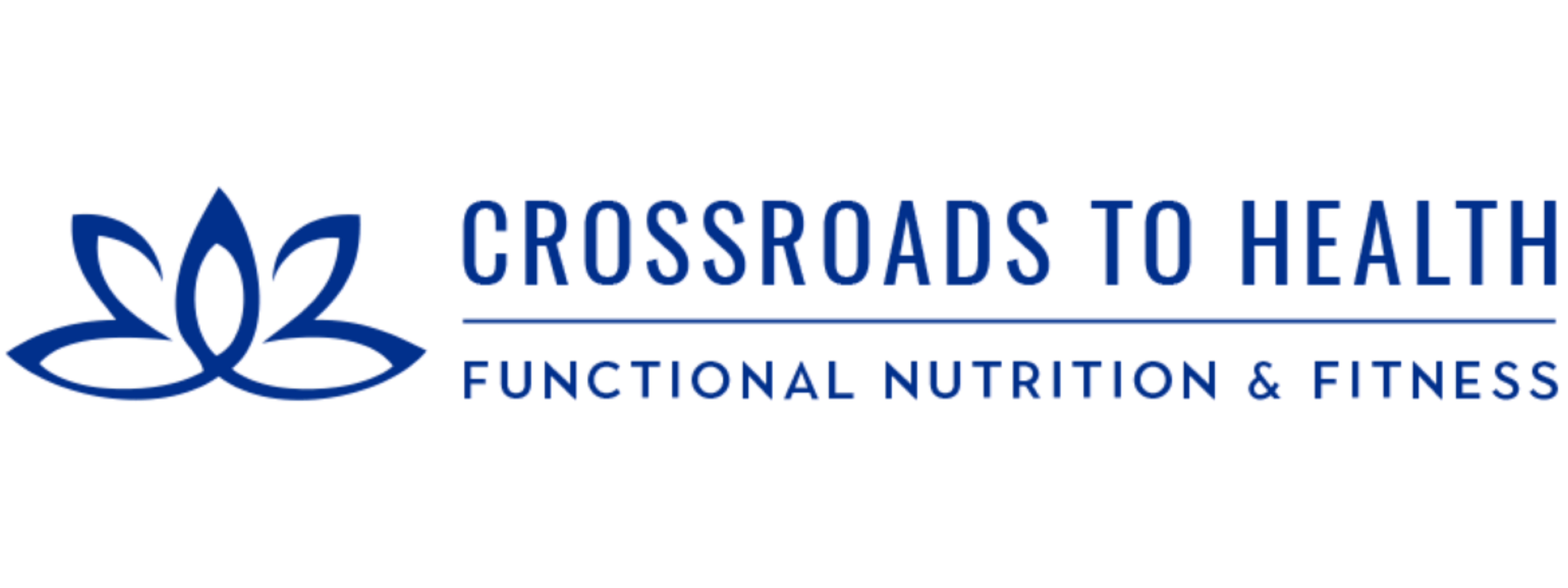Trouble Losing Weight on a Vegan Diet?
You may have noticed some of your friends or family members are now eating a vegan diet. Research now shows that 6% of people in the United States now identify as vegan; an extraordinary increase from the 1% noted in 2014. Are you one of the 6% on a vegan diet but struggling to lose weight? People on a vegan diet are usually associated with a lean body but that is not always the case. Here are 6 reasons you may be struggling to lose weight despite following a vegan approach:
Work on meal timing and eating every 4-6 hours for enhanced fat burning. Another key timing strategy is to stop eating 3 hours before bedtime.
A good rule of thumb is this: If it's not water or unsweetened tea, your beverage should count as part of your meal or snack. Make water your drink of choice, and if you reach for anything else, take a careful look at the ingredients, nutrition facts, and serving size, so you can decide if it's the best fit for your body's needs.
If you are struggling to lose weight on a vegan diet, book a free 15 minute strategy session and find out how a personalized approach can work for you.
1. You're not getting enough protein
Eating an adequate amount of protein is key for maintaining muscle mass, which helps keep your metabolism revved. It's possible to meet your daily protein needs on a plant-based diet, you just have to be strategic. One strategy is to include more pulses (the umbrella term for beans, lentils, and peas) in your meals, since they are one of the best sources of plant protein. One cup of cooked lentils contains 17 grams of protein, compared to about 8 grams in a cup of cooked quinoa or a quarter cup of almonds.2. You're eating plant-based junk food
Plant-based frozen foods, desserts, and snacks can not only be high in calories, but they're often made with refined flour and added sugar, and stripped of nutrients and fiber. While they're fine as occasional treats, when consumed daily, they can pack on pounds. One study found that processed foods may decrease post-meal calorie burning by nearly 50% compared to whole foods. Trade processed plant foods for fresh snacks. Reach for in-season fruit and dark chocolate to satisfy a sweet craving; and raw veggies with hummus or guacamole for a savory fix.3.Your timing is off
Whether you're a vegan or an omnivore, meal timing can have a serious impact your waistline. Many people I talk to eat their largest meal in the evening, when they're the least active. A smarter strategy is to eat larger meals earlier, so they fuel your most active hours of the day.Work on meal timing and eating every 4-6 hours for enhanced fat burning. Another key timing strategy is to stop eating 3 hours before bedtime.
4. You haven't discovered what's negatively impacting your metabolism
This is the case with many who struggle to lose weight, not just vegans. There are many factors that impact your ability to lose weight including: poor sleep, high stress, hormone imbalances, digestive issues and toxicity. If you're struggling to lose despite eating well and working out consistently, you've got to dig deeper and find what is impeding your progress.5. You're drinking too many calories
There are many beverages marketed to plant-based consumers: kombucha, drinking vinegars, green juices, chia drinks, coconut water, and almond milk cold brew coffees, just to name a few. With so many choices many people unknowingly sip hundreds of extra calories per day.A good rule of thumb is this: If it's not water or unsweetened tea, your beverage should count as part of your meal or snack. Make water your drink of choice, and if you reach for anything else, take a careful look at the ingredients, nutrition facts, and serving size, so you can decide if it's the best fit for your body's needs.
6. Your portions are too big
Healthy foods—including veggies, fruit, whole grains, nuts, seeds, and avocado—contain raw materials that either fuel the activity of your body's cells, or help maintain, heal, or regenerate tissue (such as hair, skin, immune cells, and muscle). But we don't require an unlimited supply of these nutrients. The amount your body needs is largely based on your age, sex, height, ideal body weight, and physical activity level. Eating a vegan diet doesn't mean you should eat unlimited portion sizes.If you are struggling to lose weight on a vegan diet, book a free 15 minute strategy session and find out how a personalized approach can work for you.

